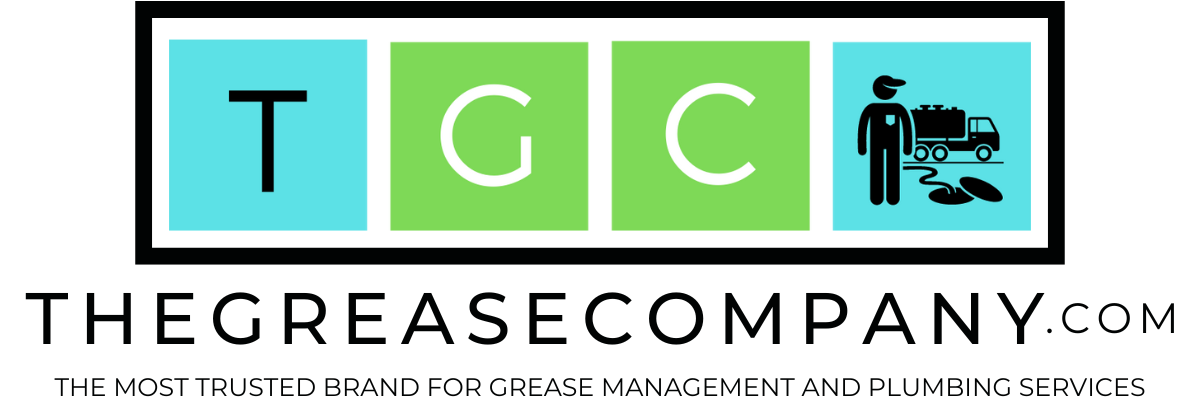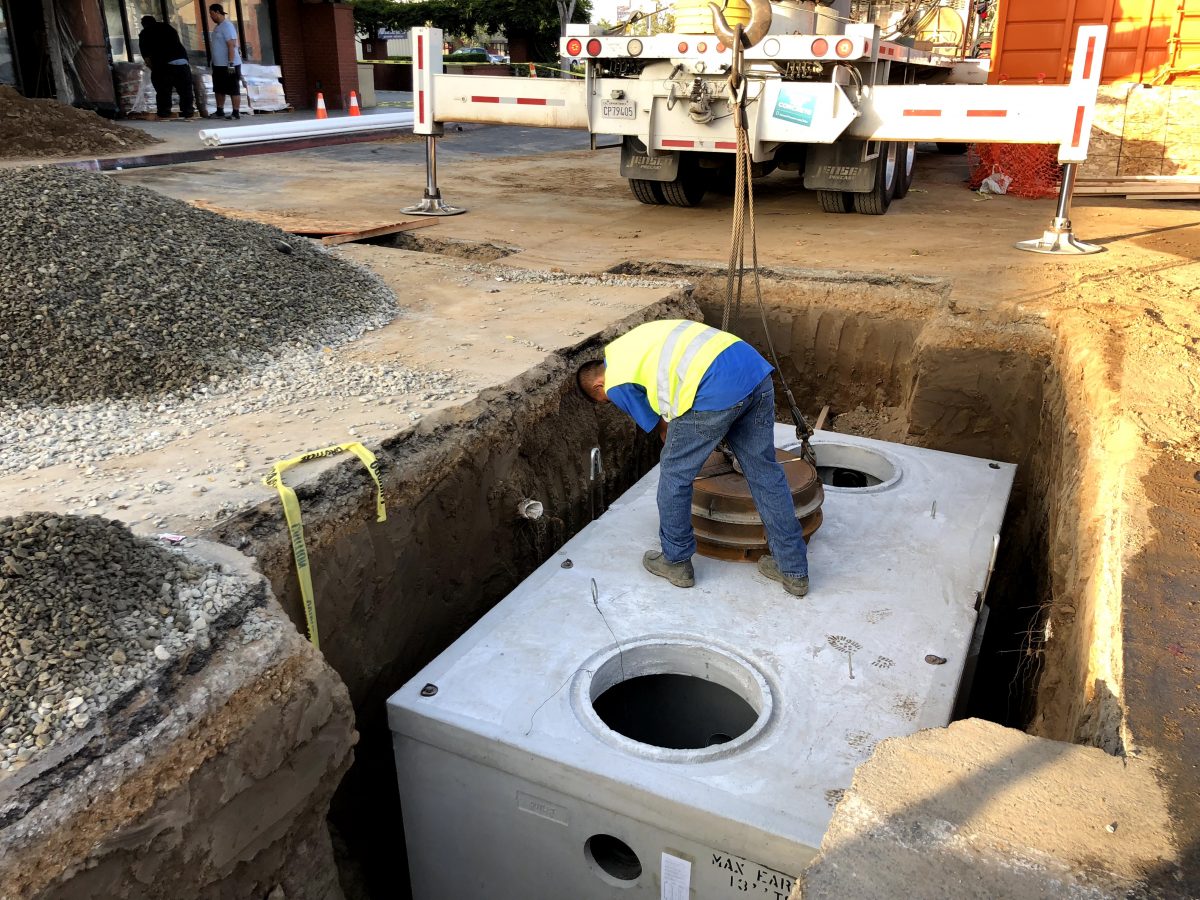
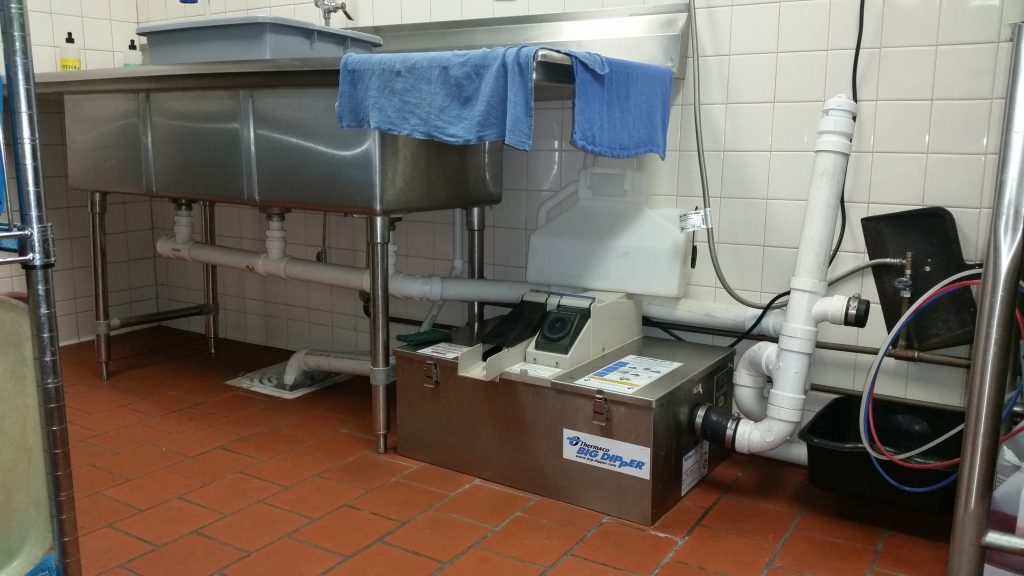
There are two types of grease recovery tanks the city will require a food servicing establishments are required to have; a grease trap or a grease interceptor. The establishment must place and regularly maintain their device to operate a commercial kitchen, warranting that it’s not releasing fats, oils, grease, and solids waste into the sanitary sewer line.
Before installing a FOGS waste trapper, the business’s responsibility is to attain approval from the city the company will be operating. The planning and or industrial waste personnel will appoint the unit type and size necessary for the business to install based on their category.
We Do Not Use Grease Or Oil; Do We Still Need A Grease Trap?
Yes, all food servicing establishments handling grease, food solids, or both are obligated to have a recovery device that will prevent grease, oils, fats, and food waste from entering the sewer system. Though for businesses that are not heavy producers of FOGS waste, the city may appoint a smaller recovery unit.
Grease Trap Repair
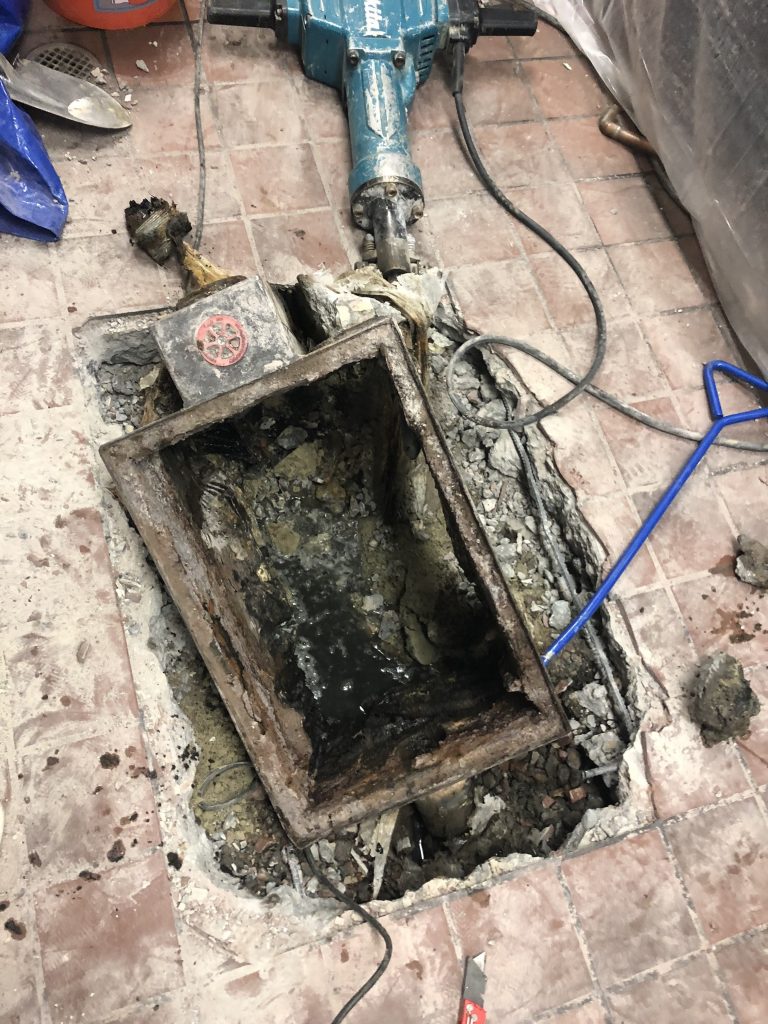
Over time grease traps and its component will deteriorate, causing them to leak and corrode. Damaged or eroded grease traps will fail to perform their duty and become useless, doing more harm than good. It’s imperative that these unit components, such as baffles and stoppers, are intact to prevent FOGS waste release into the sewer system. Though, when grease traps metal has rotted, it will likely need to be replaced.
Do I Need To Install A Grease Trap At My Existing Business?
Laws vary depending on the city that you are operating in. We recommend contacting the city industrial waste department to determine if your business is required to have a trap or interceptor if you currently do not have one.
What Would Happen if I Don’t Have a Grease Trap or Grease Interceptor at My Restaurant?
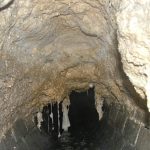
FOGS Build Up Inside The City Sewer Line.
Without any recovery device, all the fats, oils, grease, and food solid waste from your kitchen go directly to the city sewer line. Grease and solid waste are responsible for significant buildup that causes sanitation sewer overflows.
Taking Out and Bypassing The Grease Trap.
If you are operating a commercial kitchen, you cannot delete or bypass the grease trap or grease interceptor without permission from the city. Grease recovery systems are required to prevent FOGS waste from contaminating the city’s sanitary sewer line.
Grease Trap & Grease Interceptor Maintenance (Pumping & Cleaning)
If you have a small grease trap, you can clean the unit yourself as long as you have access to dispose of the FOGS waste that is removed. For large grease interceptors, it’s necessary to hire a company with the essential tools and equipment to properly clean and dispose of all waste taken out.
